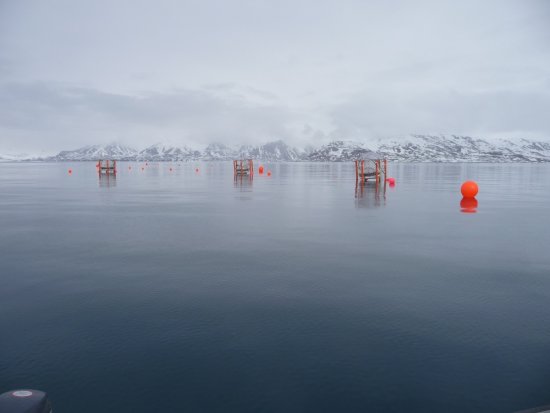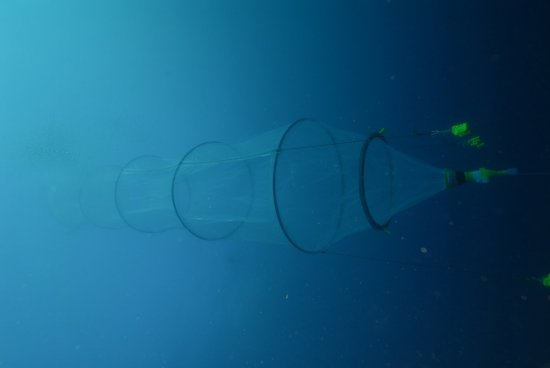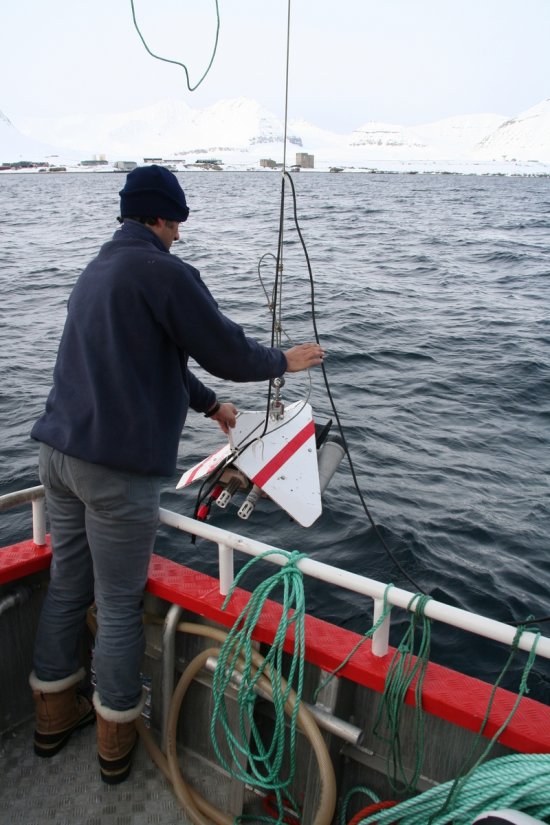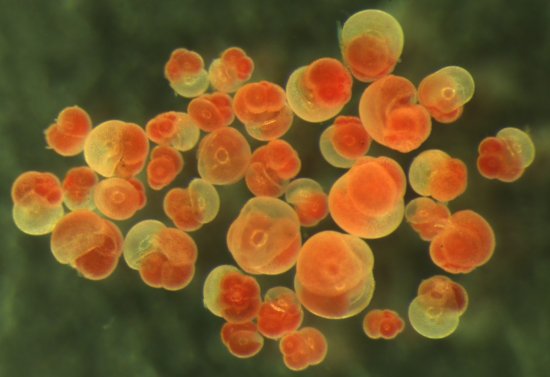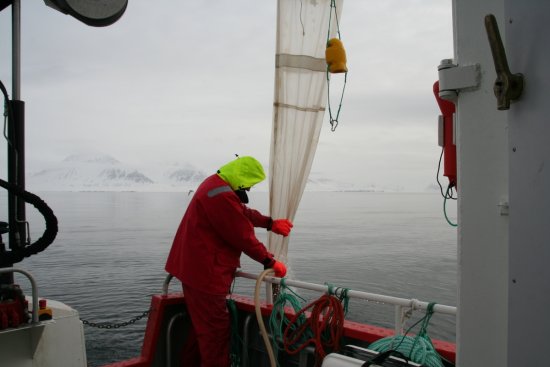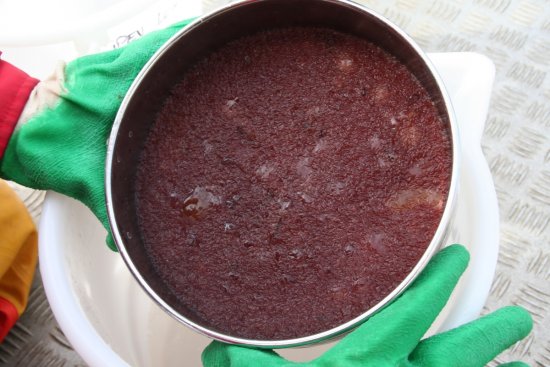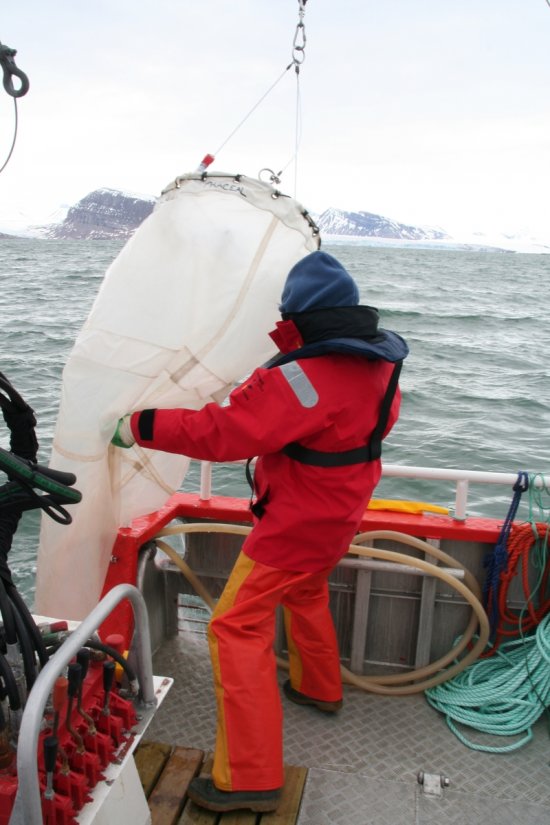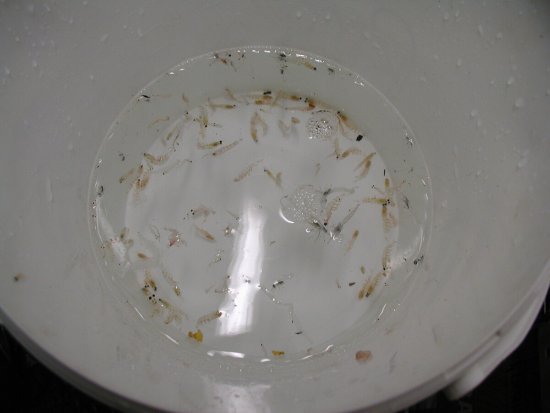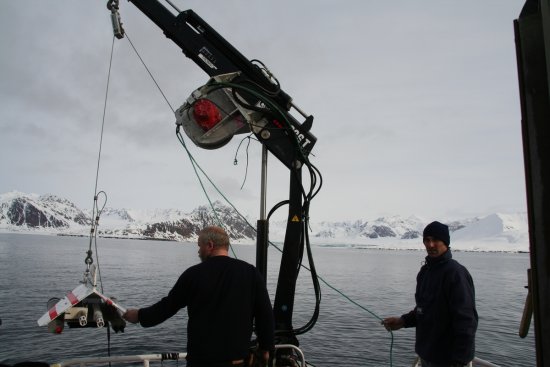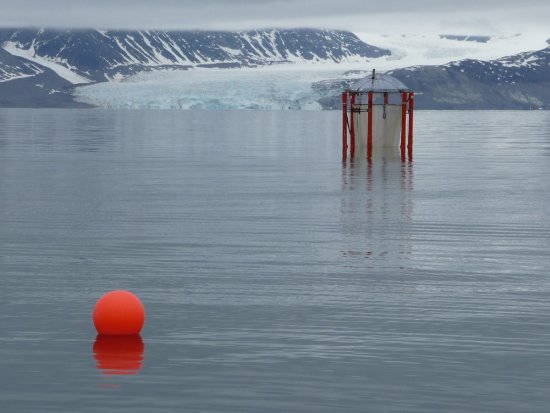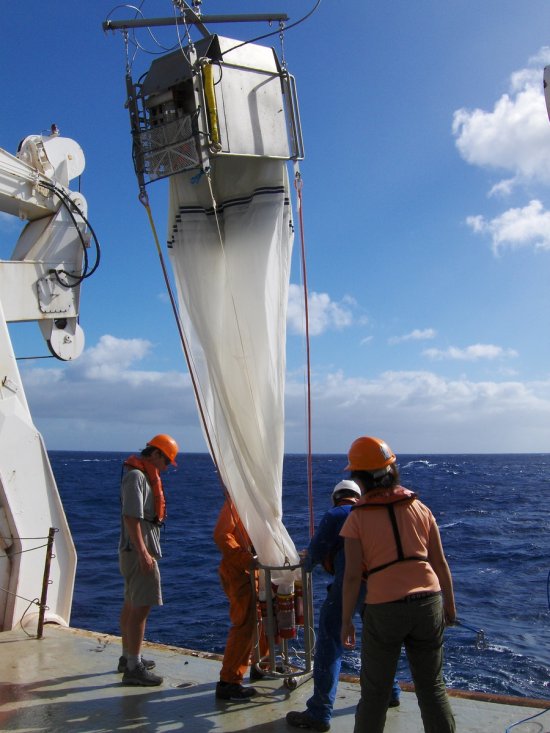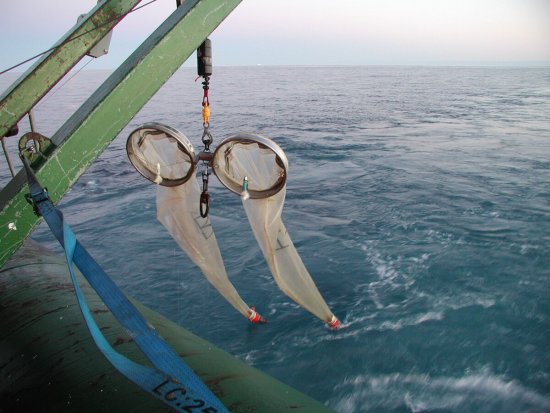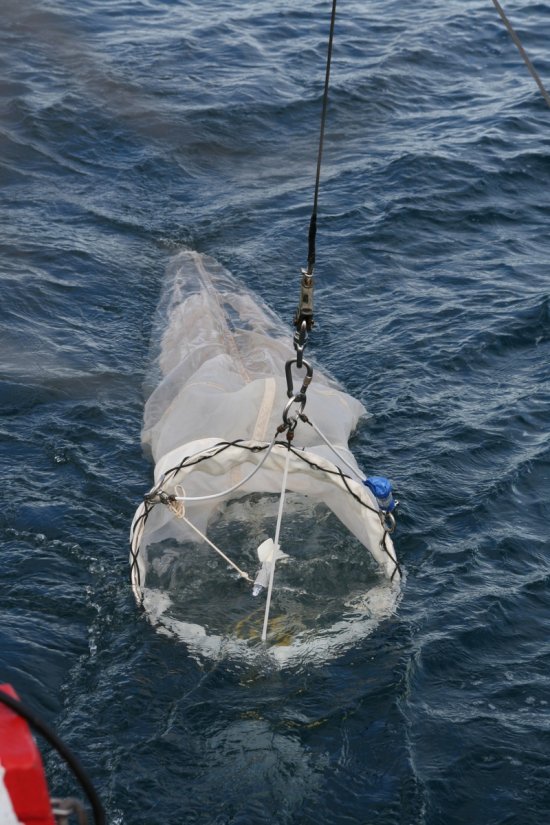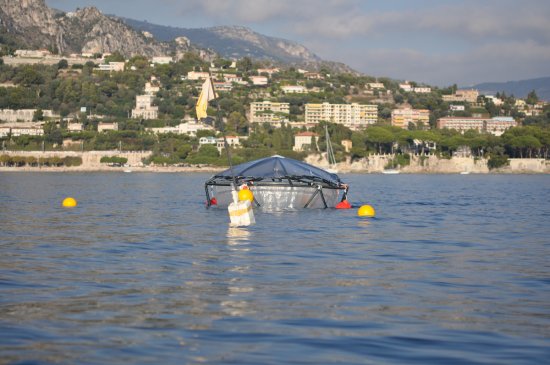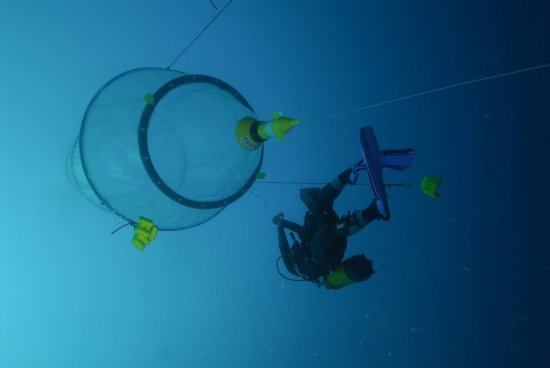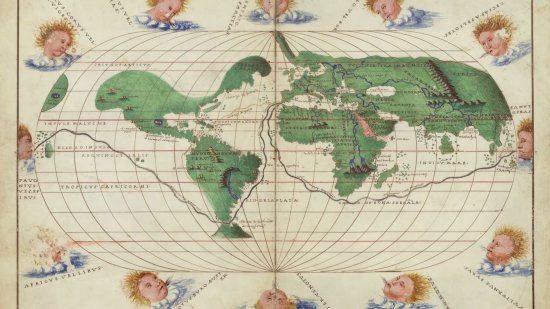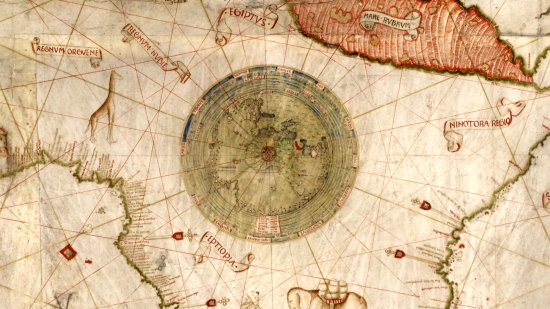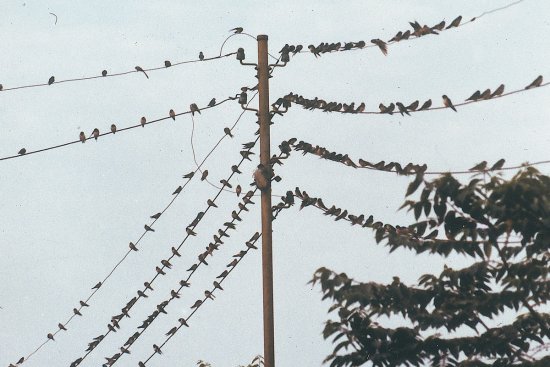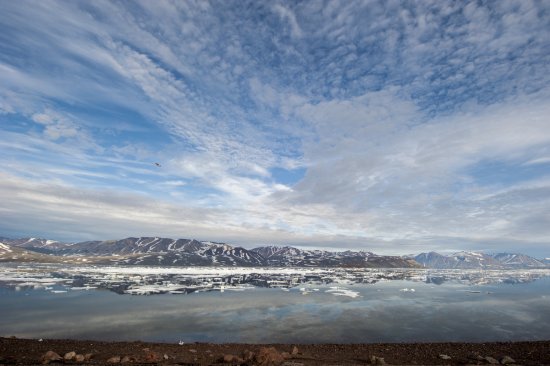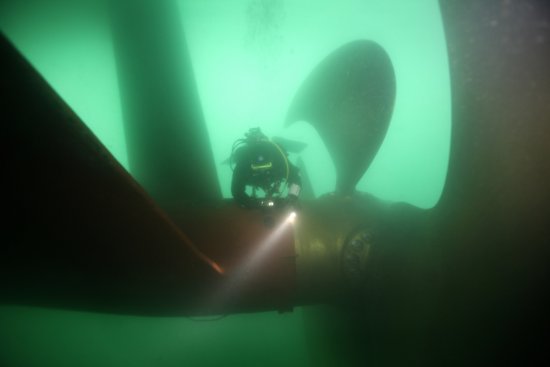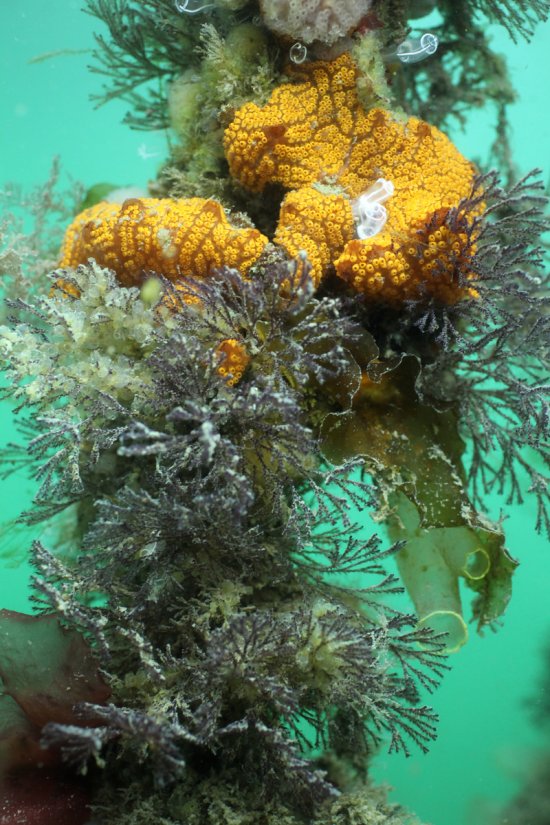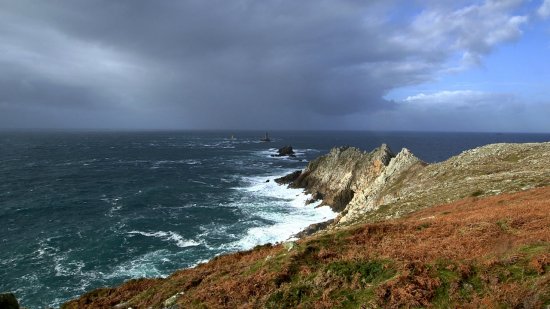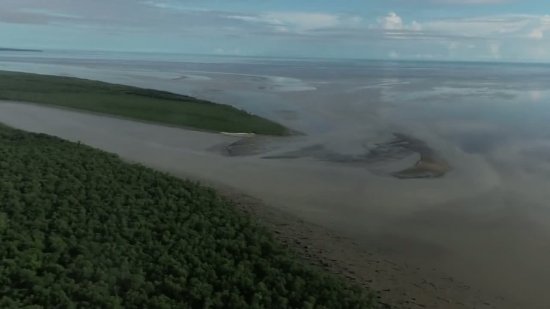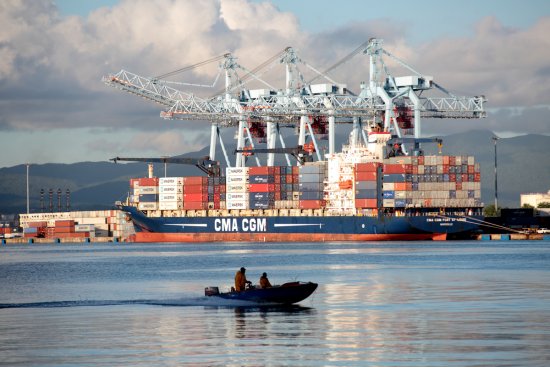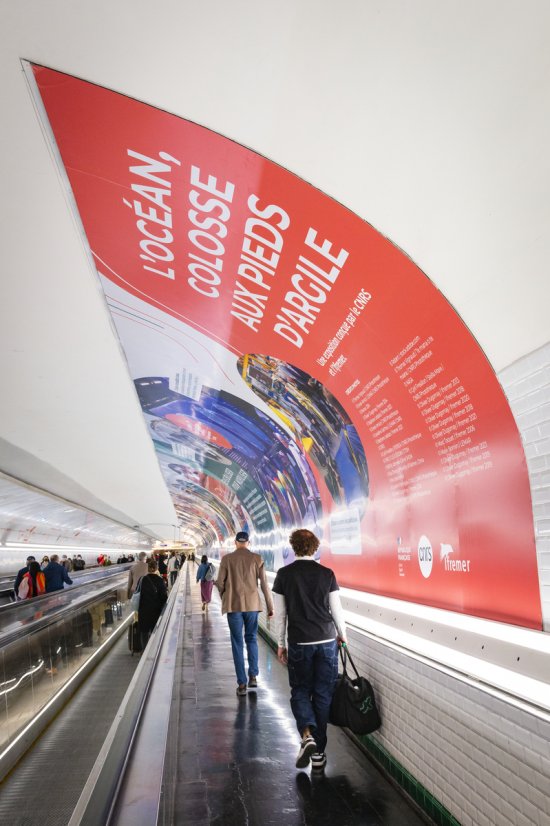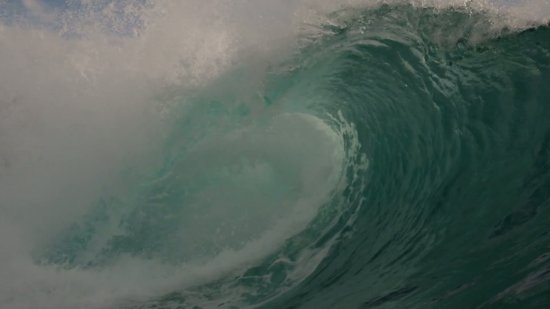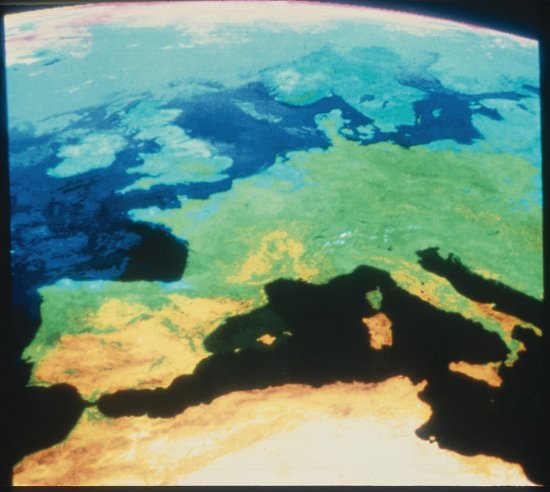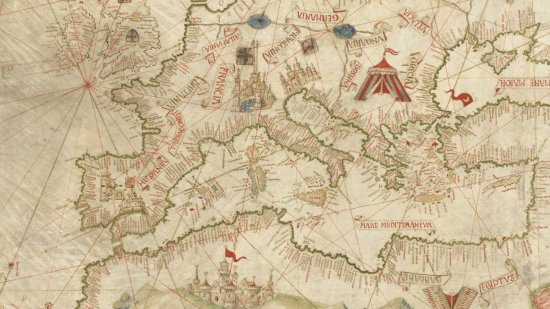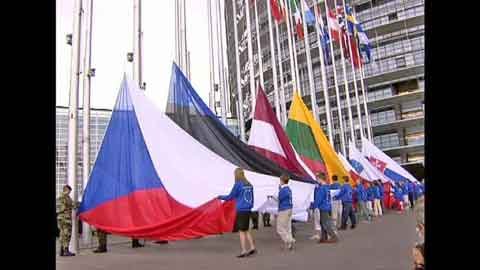Only available for non-commercial distribution
© CNRS Images - 2019
Reference
6837
Tara, enquête de plastiques
A new scientific project launched by the Tara Oceans Foundation has embarked on the schooner TARA to sail the nine largest European rivers, in order to follow the route plastic takes before it transforms into microplastic. The scientists are using a manta net, which allows them to take samples from the surface of the water due to the small mesh size, and capture microplastics in the open sea, on the coast or in rivers. The aim is to determine the types of plastic contained in European rivers and in what quantities in order to trace the source and find out which one is responsible for polluting. By tracking the pollution in the various rivers, scientists can determine the possible route of this waste. It is known that 80% of plastic waste in the sea comes from on-land, impacting marine biodiversity and the food chain.
Thanks to the TARA expeditions, researchers will be able to map the area that releases the most plastic in the world, after China. If removing this plastic from the sea is currently impossible, this project should help to alert the European authorities as this has now become urgent. It is estimated that 5 trillion pieces of microplastic are now floating on the surface of our oceans.
Duration
Production year
Définition
Color
Sound
Version(s)
Original material
The use of media visible on the CNRS Images Platform can be granted on request. Any reproduction or representation is forbidden without prior authorization from CNRS Images (except for resources under Creative Commons license).
No modification of an image may be made without the prior consent of CNRS Images.
No use of an image for advertising purposes or distribution to a third party may be made without the prior agreement of CNRS Images.
For more information, please consult our general conditions

